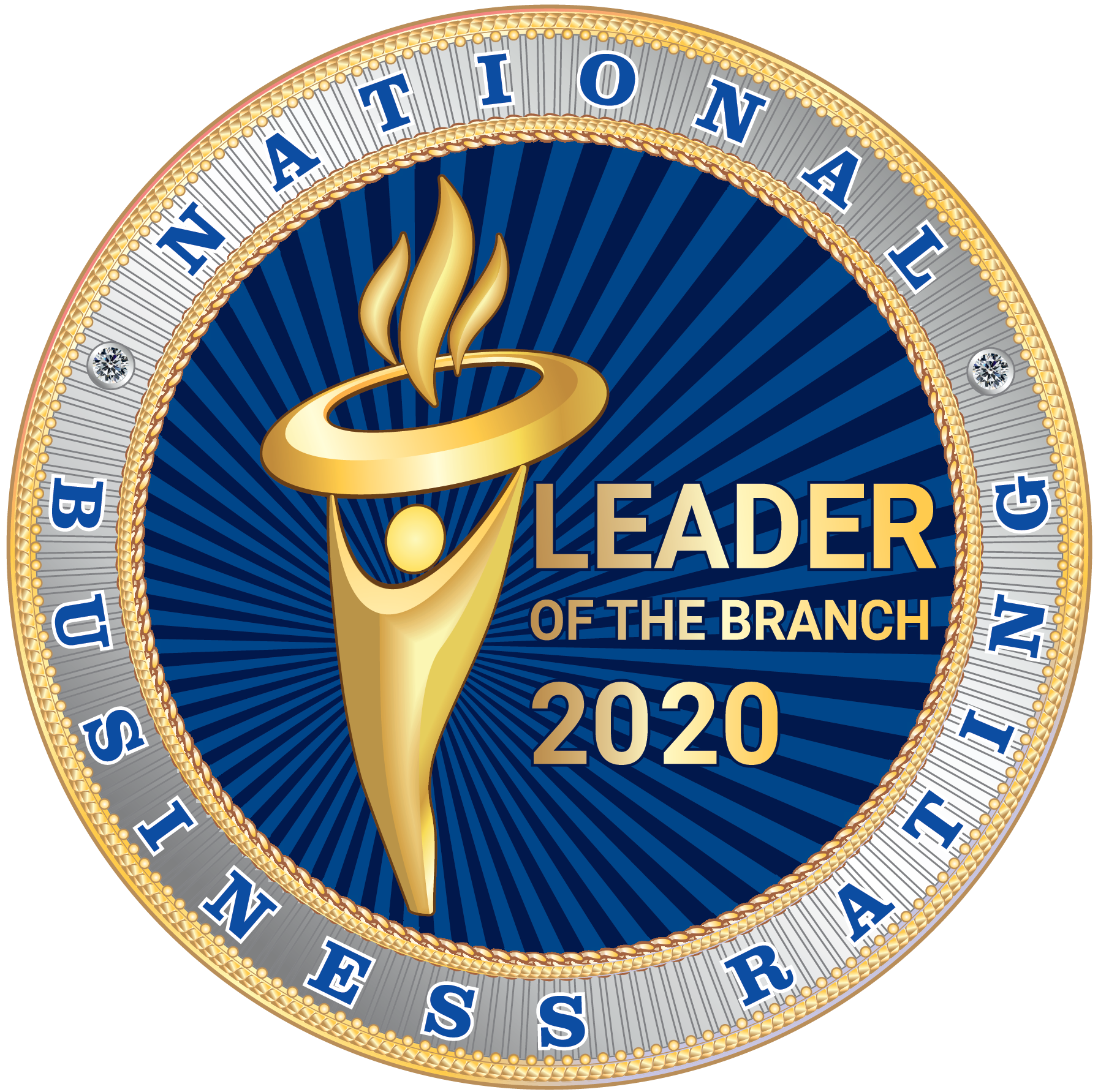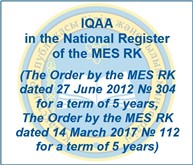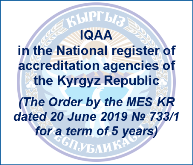Questions and Answers 3(Bologna Process)
Non-referenced assessment The process of making assessments with reference to relative achievement against other pupils in the cohort. This approach suggest “norm” of students ability and learning outcomes at every stage of assessment. |
Optional course unit A course unit or module that may be chosen as part of a study programme but is not compulsory for all students. |
Profile The term “profile” refers to a specific subject related field of learning leading to a qualification, as well as to the broader fields, connected with general direction or importance, for instance, vocational study differs from academic study. |
Qualification descriptors Generic statements of the outcomes of study for a qualification. They provide clear points of reference that describe the main outcomes of a qualification, as defined in the National Frameworks, and make clear the nature of change between levels. |
|
Recognition of periods of study abroad Recognition within ECTS requires that the credits achieved by a student through successful completion of course units or modules as described in the Learning Agreement at the host university must replace an equivalent number of credits at his/her home institution. |
Reference points Non-prescriptive indicators formulated as learning outcomes expressed in terms of competences that support the articulation of qualifications (degree programmes). |
Resit examination (exam) Students who have not been able to take or who have not passed an examination or assessment on the first date scheduled may be offered the opportunity to take a resit examination or assessment at a later date. |
Second cycle degree This is a higher education qualification awarded after the successful completion of second cycle studies that may involve some research work. It is often referred to as a Master’s degree. A student normally takes it after completion of a first degree. |
Seminar classroom instruction under the guidance of a tutor, professor, etc., to advance some particular subject, in which everyone is requested to be prepared and actively participate. It brings together one tutor and a small group of students. |
Study programme An approved set of modules or course units recognized for the award of a specific degree, which should be defined through the set of learning outcomes, expressed in terms of competences, to be achieved in order to obtain the specified credits |
| Student workload The time (expressed in hours) that it is expected that an average learner (at a particular cycle/level) will need to spend to achieve specified learning outcomes. This time includes all the learning activities in which the student is required to carry out (e.g. lectures, seminars, practical work, private study, professional visits, examinations). |
Thesis A formally presented written report, based on independent research/enquiry/project work, which is required for the award of a degree (generally a first or a second degree or a doctorate). It may also be called a dissertation. |
Tuning In the case of the Tuning Project, it means creating agreed reference points for the organisation of higher education structures in Europe, recognising that the diversity of traditions is a positive factor in the creation of a dynamic common higher education area. |
Tutorial A tutorial is a period of instruction given by a tutor aimed at exploring in greater depth, revising and discussing material and topics presented within a course unit or module. It is usually one tutor in a small group of students. |















